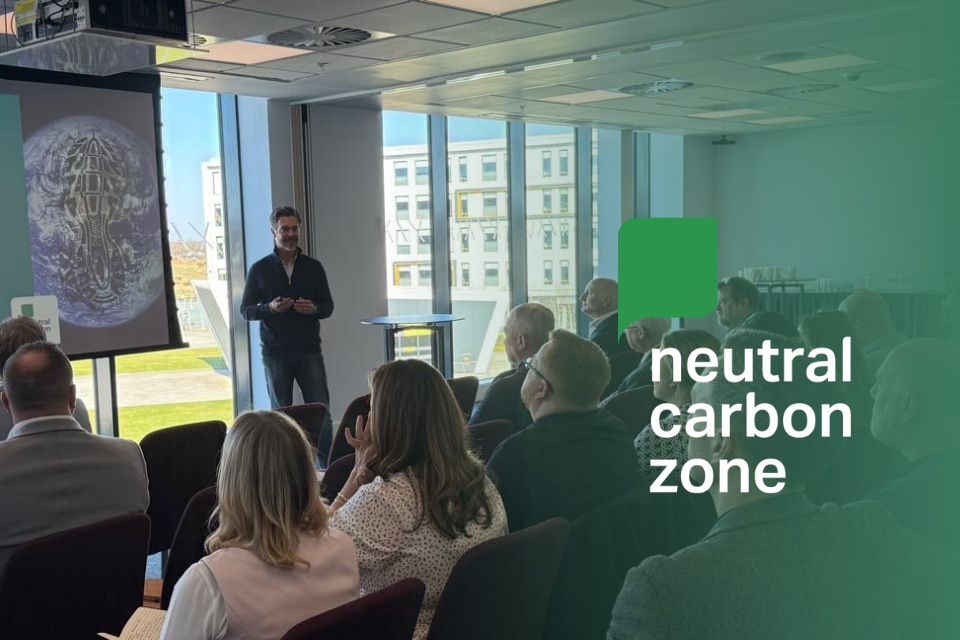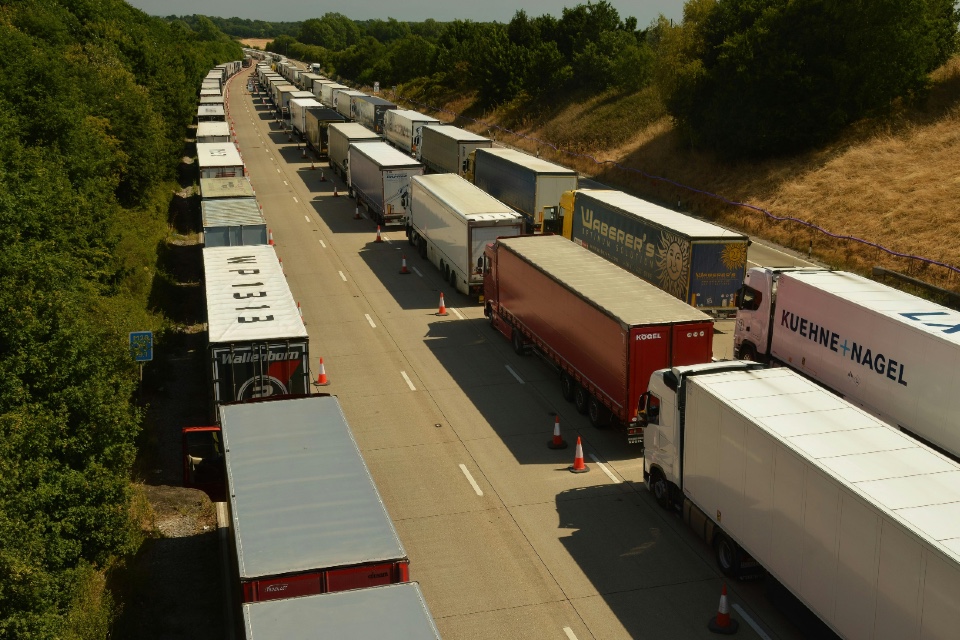HSBC and Walmart are rolling out a sustainable supply chain finance programme that pegs a supplier’s rate to its sustainability performance.
This global programme allows Walmart’s suppliers who demonstrate progress in Walmart’s Project Gigaton or Sustainability Index Program to apply for improved financing from HSBC based on their sustainability ratings.
Project Gigaton is a Walmart initiative to avoid one billion metric tons (a gigaton) of greenhouse gases from the global value chain by 2030 through supplier commitments.
Walmart’s Sustainability Index Program gathers and analyses information across a product’s life cycle, and was developed by The Sustainability Consortium (TSC), a global organisation dedicated to improving the sustainability of consumer products, to help Walmart benchmark suppliers and encourage continuous improvement.
Natalie Blyth, Global Head of Trade and Receivables Finance, HSBC, said: “The procurement standards of a buyer are a huge driver for sustainability, and this is why we are proud to join forces with Walmart, the world’s largest retailer and a company that shares our mission to build a more sustainable future. In many industries it is a company’s supply chain – rather than the company itself – that is responsible for most of the environmental impact and therefore offers the greatest potential for sustainability improvements.”
Matthew Allen, VP Finance & Assistant Treasurer, Walmart, said: “At Walmart, we appreciate that the only way to a sustainable future is through combined effort, and we share HSBC’s commitment to empowering our suppliers on this journey. We want to encourage companies throughout the supply chain to focus on sustainability, as we have seen first-hand how this sparks innovation and generates value. Investing in sustainability can not only lead to higher productivity and cost savings for suppliers, but can also drive their business growth as they make a positive contribution to the world.”
HSBC says it believes supply chains are one of the most important levers for banks and businesses to create a positive effect on the world. According to McKinsey, a typical consumer company’s supply chain creates far more social and environmental costs than its own operations, accounting for more than 80% of greenhouse-gas emissions and more than 90% of the impact on air, land, water, biodiversity, and geological resources.1
Blyth added: “Trade is a force for good, and trade finance has a vital role to play if we are to achieve the UN’s Sustainable Development Goals. Embedding sustainability in global supply chains is not only beneficial for the environment and society, but also for companies’ bottom lines. As the world’s leading international bank, HSBC is actively building new partnerships and frameworks to help deliver a more sustainable future for all.”







